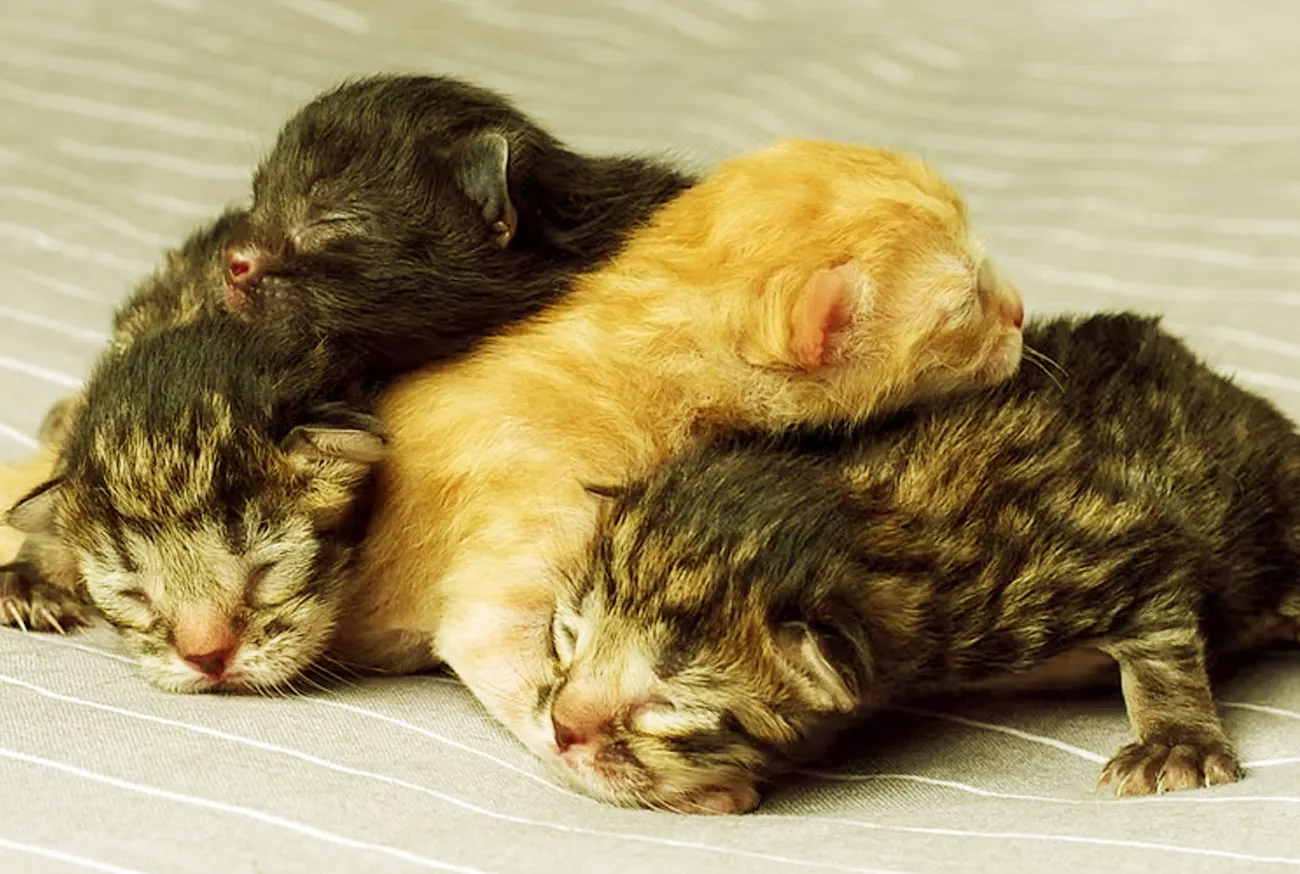What Is Feline Flu?
Feline flu is a highly contagious respiratory infection that affects cats of all ages. It is most commonly caused by two main agents: feline rhinotracheitis virus (feline herpesvirus) and feline calicivirus. These viruses attack the respiratory system, causing symptoms similar to a cold in humans.
Although it is more common in kittens or immunocompromised cats, any cat can contract the disease, especially those living in environments with many animals or that have outdoor access.
How to Identify Feline Flu Symptoms
Recognizing the signs early is essential to avoid severe complications. The main symptoms of feline flu include:
- Frequent sneezing: One of the first signs that something is wrong.
- Nasal discharge: It may be clear or purulent, depending on the severity of the infection.
- Watery eyes: Often accompanied by conjunctivitis or swelling.
- Loss of appetite: The cat may avoid eating due to a loss of smell or pain.
- Lethargy: The animal appears more tired and less willing to play.
- Fever: In more severe cases, fever may indicate a systemic infection.
- Coughing and difficulty breathing: Less common but possible in severe infections.
If you notice any of these signs in your cat, it’s important to act quickly to prevent the condition from worsening.
How to Treat Feline Flu
Although there is no definitive cure for the viruses that cause feline flu, proper treatment can relieve symptoms and help the animal recover faster. Here are the essential steps to treat feline flu:
1. Consult a Veterinarian
The first step is to seek professional guidance. Only a veterinarian can correctly diagnose feline flu and recommend the most suitable treatment.
2. Keep Your Cat Hydrated
Hydration is crucial during recovery. If your cat is not drinking water, you may need to offer fluids using a syringe (carefully) or even use saline solutions under veterinary guidance.
3. Offer an Appealing Diet
Cats with flu may lose their appetite due to nasal congestion. Try offering wet food with a strong smell, such as cat-specific pâtés. Proper nutrition is essential to keep the animal strong.
4. Support the Immune System
Some vitamin supplements, such as those rich in vitamin C and lysine, may be recommended to strengthen the cat's immune system. Talk to the vet before introducing them.
5. Create a Comfortable Environment
Keep your cat in a warm, clean place free from drafts. Humidifiers can help relieve nasal congestion and make breathing easier.
6. Use Medications Only with a Prescription
Never medicate your cat on your own. Antibiotics may be necessary to treat secondary infections, but only the veterinarian can prescribe them.
How to Prevent Feline Flu
Prevention is always the best remedy. Simple measures can protect your cat from contracting feline flu:
- Vaccination: The vaccination protocol should include vaccines against feline herpesvirus and calicivirus.
- Environmental Hygiene: Keep the litter box, food bowls, and your cat's environment clean.
- Avoid Contact with Sick Animals: If you have more than one cat, separate them when noticing flu symptoms in one of them.
- Control Stress: Stressed cats are more likely to get sick. Provide a calm and enriching environment.

Feline Flu in Kittens
Kittens are more vulnerable to feline flu due to their still-developing immune systems. Extra care is essential to avoid complications such as pneumonia. If symptoms appear, take the animal to the veterinarian immediately and follow recommendations strictly.
When to Seek Veterinary Help
Although feline flu is, in most cases, a self-limiting disease, some signs indicate the need for immediate veterinary intervention:
- Lack of appetite for more than 24 hours.
- Difficulty breathing or noisy breathing.
- Bloody secretions.
- Persistent fever.
In such cases, the veterinarian may recommend hospitalization, intravenous fluids, and intensive support to save the animal’s life.
Frequently Asked Questions About Feline Flu
Is Feline Flu Contagious to Humans?
No, feline flu is not zoonotic, meaning it cannot be transmitted to humans.
Can a Vaccinated Cat Get Feline Flu?
Yes, but symptoms tend to be milder and recovery faster.
How Long Does Feline Flu Last?
In most cases, symptoms last between 7 and 14 days, but cats with low immunity may take longer to recover.
Understand That...
Feline flu can seem intimidating, but with proper care, your cat will return to health and well-being quickly. Early symptom identification, appropriate treatment, and prevention are key to ensuring your feline friend lives a long and healthy life.
Now that you know how to identify and treat feline flu, share this article with other cat owners. Knowledge is a powerful tool to protect our pets!















Add comment